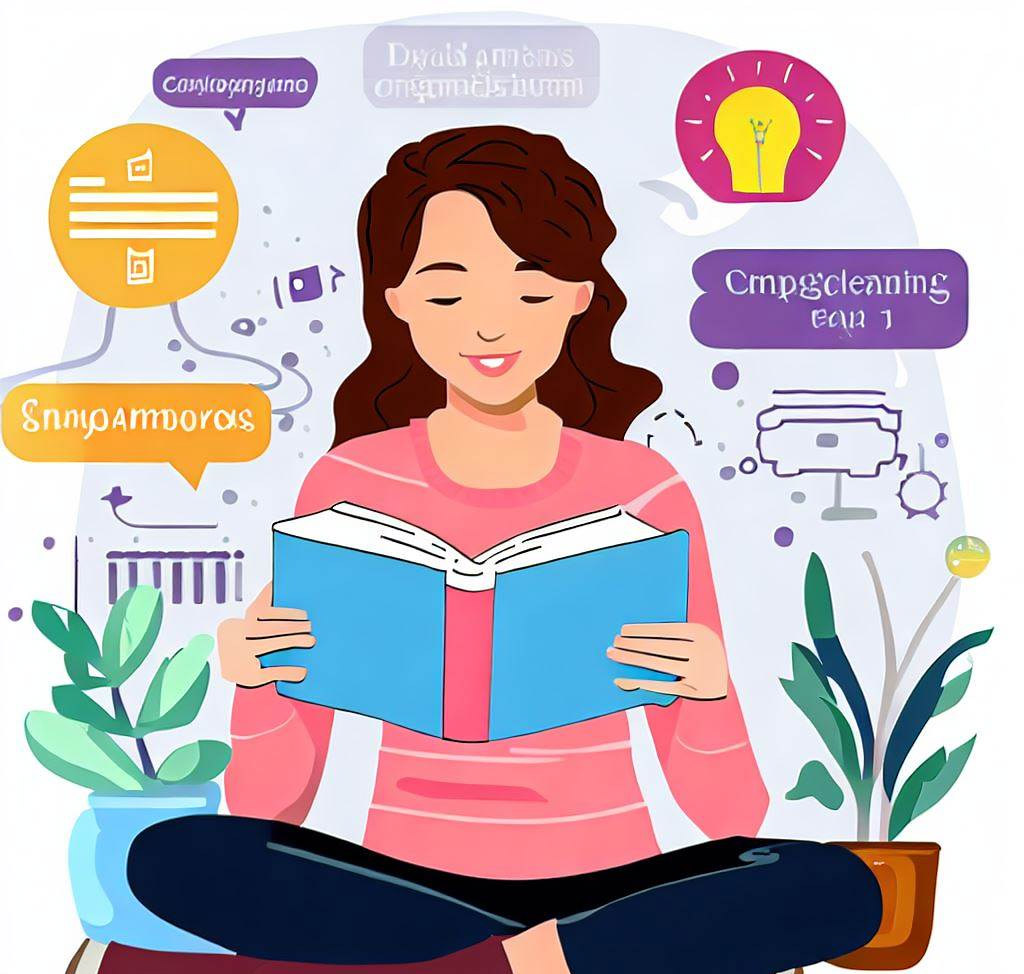Ultimate Guide to Learning a New Language: From Basics to Fluency
Introduction:
Learning a new language opens up a world of opportunities, enabling you to connect with new cultures, people, and experiences. While the journey may seem daunting, this ultimate guide will provide you with a roadmap to navigate the path from language basics to fluency. Whether you’re a beginner or have some prior knowledge, this comprehensive guide will equip you with the tools and strategies to embark on a successful language learning adventure.
- Set Clear Language Learning Goals:
Start by setting clear and realistic language learning goals. Ask yourself why you want to learn the language and what level of proficiency you aim to achieve. Having specific goals will help you stay motivated and measure your progress along the way.
- Choose the Right Learning Resources:
Selecting the right learning resources is crucial for effective language learning. Consider using a combination of textbooks, online courses, language apps, podcasts, and language exchange platforms. Choose resources that align with your learning style and cater to your specific language goals. - Master the Basics: Vocabulary and Grammar:
Begin by focusing on building a strong foundation of vocabulary and grammar. Start with common words, phrases, and basic grammar rules. Use flashcards, language apps, or online resources to practice and review regularly. Gradually expand your vocabulary and grammar knowledge as you progress.
- Develop Listening and Speaking Skills:
Listening and speaking skills are vital for language fluency. Practice listening to native speakers through podcasts, music, movies, or language learning platforms. Engage in conversations with native speakers, language exchange partners, or join language study groups to improve your speaking skills. Don’t be afraid to make mistakes; it’s an essential part of the learning process. - Enhance Reading Comprehension:
Reading in the target language helps expand your vocabulary and comprehension skills. Start with simple texts, such as children’s books or graded readers, and gradually move on to more complex material. Use dictionaries or language learning apps to aid comprehension and learn new words in context.
- Improve Writing Skills:
Writing is an important aspect of language learning. Practice writing regularly, whether it’s journaling, composing emails, or participating in online language forums. Seek feedback from native speakers or language tutors to improve your writing skills and accuracy. - Immerse Yourself in the Language:
Immerse yourself in the language as much as possible. Surround yourself with authentic language materials, such as books, movies, music, and podcasts. Change the language settings on your devices and participate in language-focused events or language exchange programs. Immersion accelerates language acquisition and helps you adapt to different accents and cultural nuances. - Stay Consistent and Motivated:
Consistency is key to language learning success. Set aside dedicated time each day or week for practice. Create a study routine that works for you and stick to it. Find ways to stay motivated, such as setting milestones, rewarding yourself for progress, or finding a language learning partner to keep you accountable. - Embrace Cultural Understanding:
Language learning is not just about mastering vocabulary and grammar; it’s also about understanding the culture behind the language. Explore the customs, traditions, and history of the target language’s culture. This will deepen your appreciation for the language and enhance your overall language proficiency. - Practice, Practice, Practice:
Lastly, practice regularly and consistently. Embrace opportunities to use the language in real-life situations, such as ordering food, traveling, or engaging in conversations with native speakers. Practice speaking, listening, reading, and writing every chance you get. The more you use the language, the faster your fluency will develop.
Conclusion:
Embarking on the journey of learning a new language is both exciting and rewarding. By setting clear goals, choosing the right resources, mastering vocabulary and grammar, developing listening and speaking skills, enhancing reading comprehension, improving writing skills, immersing yourself in the language and culture, staying consistent and motivated, and practicing regularly, you can progress from language basics to fluency. Embrace the challenges, celebrate your progress, and enjoy the enriching experience of learning a new language.
